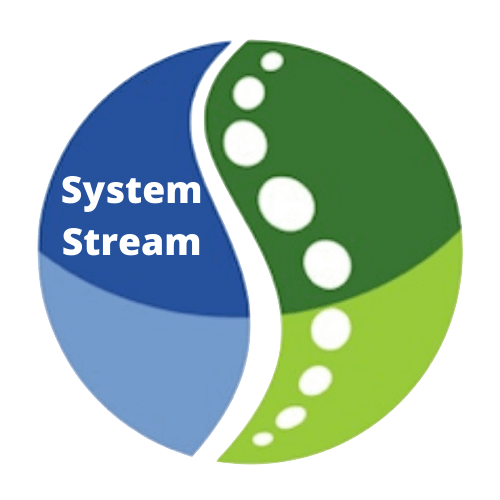Hospitals across the United States are bracing for substantial financial headwinds as Medicaid funding faces historic reductions. With billions in federal cuts poised to take effect starting in 2027, the downstream impact on hospital reimbursement, operating margins, and access to care will be profound—especially for safety-net and rural hospitals.
Amid these budgetary constraints, one strategy is gaining renewed attention: recovering underpaid claims from commercial insurers. While not a silver bullet, this approach offers a low-risk, high-yield opportunity for hospitals to reclaim revenue that they have rightfully earned—but never received.
The Medicaid Cutback Crunch: A Quick Recap
Congressional proposals on the table today include more than $700 billion in Medicaid reductions over the next 10 years. These cuts will likely:
-
Increase uncompensated care as millions lose coverage
-
Lower reimbursement rates for Medicaid services
-
Exert intense financial pressure on rural and community hospitals
-
Worsen the already-tight margins of hospitals serving high-Medicaid populations
Hospitals must prepare now. And that means identifying areas where revenue leakage can be addressed—without requiring major investments or internal disruption.
The Hidden Drain of Underpaid Claims
Here’s the reality: many hospitals are systematically underpaid on a significant share of their private insurance claims—and most don’t even realize it.
Unlike denied claims, underpaid claims often appear “paid” in the billing system. But in truth, these payments are sometimes inaccurate due to:
-
Misapplication of contract terms
-
Fee schedule errors
-
Improper payer logic
Identifying and recovering these underpayments requires deep expertise in contract modeling, data analytics, and insurer engagement. Most hospitals don’t have that capacity internally—and their existing third-party vendors may not specialize in it either.
Our Solution: Zero-Risk Underpaid Claims Recovery
Our team offers a national Underpaid Claims Recovery Program designed for one purpose: to find and recover the revenue hospitals are already entitled to, without disruption or risk.
Here’s what makes this solution stand out:
-
No upfront cost: You don’t pay a dollar unless funds are recovered.
-
Zero disruption: We don’t replace your internal team or conflict with current vendors.
-
Low lift: We handle the entire recovery process—from analysis to payer negotiations.
-
High impact: Hospitals typically realize substantial returns from underpayments that would have otherwise gone undetected.
And because our review includes 100% of remitted claims, you gain visibility into a major area of revenue integrity that often goes unchecked.
Why CFOs Should Act Now
For hospital finance leaders, the question isn’t “can we afford to do this?” It’s “can we afford not to?”
Given the scale of impending Medicaid reimbursement reductions, every non-disruptive revenue improvement lever should be explored. This program is:
-
Fully performance-based
-
Completely complementary to existing efforts
-
Designed to deliver net-new dollars to your bottom line
In a financial climate where preserving access to care depends on every available dollar, underpaid claims recovery isn’t a luxury—it’s a necessity.
Let’s Talk
Our team’s solution is deployed in over 400 hospitals nationwide with a 22% average recovery (the industry average is 2-5%). If you’re a hospital CFO or revenue leader, we invite you to schedule a 20-minute discovery call with our team. We’ll assess your recovery potential and outline how our zero-risk model works.

